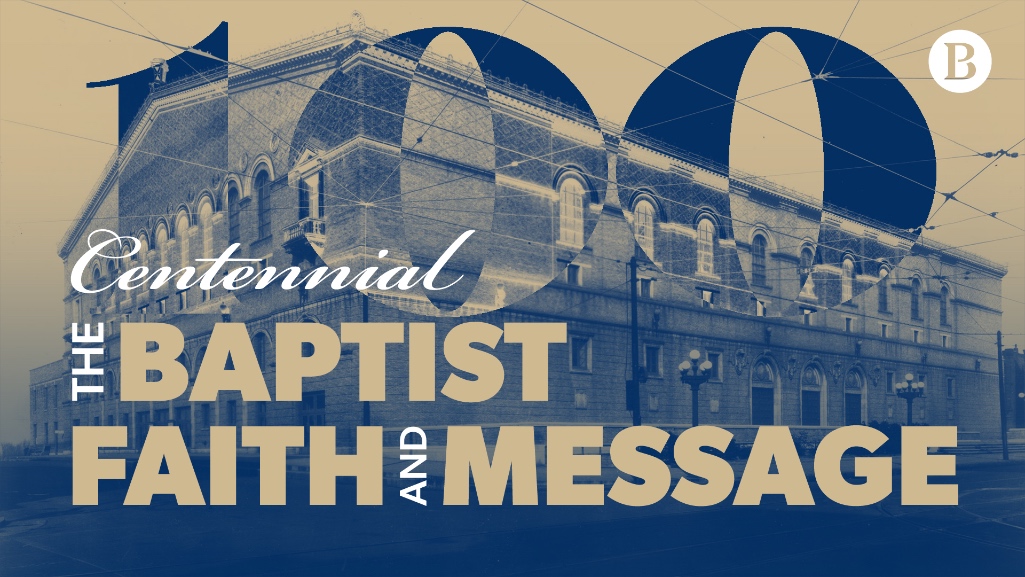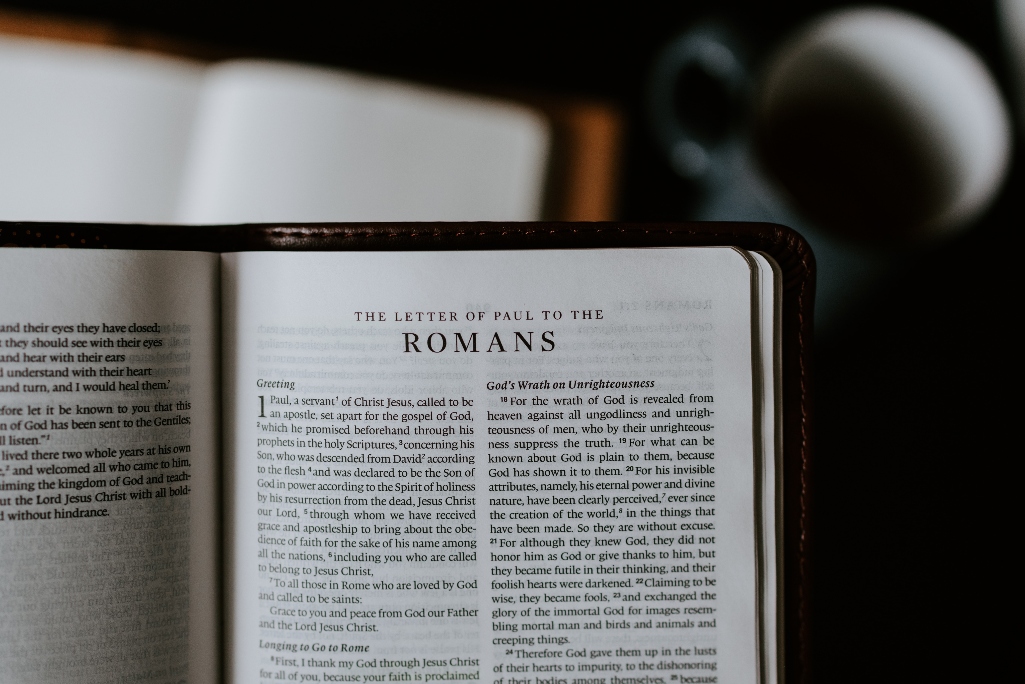We had intentionally shown up a few minutes late. As we made our way to the auditorium door, I noticed the celebratory handout on the table: carnations.
“Just breathe,” I thought to myself.
I had quickened my steps in hopes to slip through the door unnoticed when I was suddenly halted by a single carnation held out to me.

Laura Thigpen |
When my eyes shifted from the flower to the man who held it I began to shake my head “no,” but he insisted by nodding “yes!” This was a friend, a brother in Christ who had just learned from his wife our recent news.
I took the carnation with my head hanging low to hide the tears of gratitude. In that moment, this brother had honored the life of my baby, the baby I never met.
I was grateful. In a single moment my maternal grief had been validated.
As I crossed the threshold of the auditorium door a sense of shame quickly rushed over me. I felt a need to hide the carnation because I was not like other mothers.
To some, I was not a mother at all, and to others, this was just a regular Sunday morning worship service.
In the days, weeks and months following our miscarriage, my husband and I grieved deeply the loss of our baby. Honestly, I was surprised by my own grief – how could I love a person so much whom I would never meet? How could I be so deeply affected by the loss of the baby whom I only carried for a short time in my womb?
Psalm 139 sounded off like a broken record in my mind; “For you formed my inward parts; you knitted me together in my mother’s womb … My frame was not hidden from you, when I was being made in secret, intricately woven in the depths of the earth… Your eyes saw my unformed substance.”
I trust the Lord. I believe in His sovereignty. I know He is good.
However, the grief forced me to wrestle with the application of my beliefs in a way I had never experienced before.
Would I trust the Lord with my broken heart? Would I submit to His sovereign will in humility or with resistance? Would I promote His goodness in the midst of loss?
As Mother’s Day approaches each year, I am reminded of loss and pain, of barrenness and sorrow, and of the refining fire my faith has endured. The day of celebration is never separated from pain for me.
I find comfort, salve for my heart and my place in God’s Word.
The barren woman is often mentioned throughout scripture. The Lord opened Sarah’s womb, the barren woman. The Lord had compassion for Rachel, who was barren, and opened her womb. Samson was born to a woman who had been barren.
John the Baptist, of whom Christ said, “Among those born of women there has arisen no one greater,” was born to a barren woman, Elizabeth (Matthew 11:11).
Ascribing praise to God because there is no other like Him, Psalm 113 says, “He gives the barren woman a home, making her the joyous mother of children. Praise the Lord!” I have found my home in Christ Jesus, my Lord, my Savior. Whether or not my womb bears fruit ever again, I know the barren woman is fruitful in Christ.
For the barren woman, for those who have miscarried, birthed stillborn babies, suffered from infertility, those who have lost children even into adulthood and for those who are single who have no prospect of bearing children, Mother’s Day is often accompanied by grief. It is a day that confronts our identity issues amid our pain.
In our humanity, we are inclined to rid ourselves of pain at its onset. Yet, this pain reminds us that things are not right in this world.
It steers our hearts in a direction away from loving the things this world offers toward a good Father who hurts more deeply over sin and death than we could imagine, so much so He sent His Son to give us hope and a future, our great High Priest who can sympathize with us in every way.
Christ died so we would no longer be orphans, without family, without a home. We are now brothers and sisters, and fathers and mothers in the faith.
Motherhood is a high calling, but motherhood is not the ultimate identity of a woman.
My identity lies in what can never be taken from me: Jesus Christ crucified, resurrected and glorified. I still feel the sting of losing my baby and suffering infertility, but my hope is not shattered; my God is still sovereign; my future is secure; I have been given a home.
I will never forget the carnation I received that Mother’s Day, the way in which my Christian brother honored me and the life of my baby.
In our brokenness and barrenness, it is my prayer that we, as brothers and sisters in Christ, will honor one another on Mother’s Day and everyday, not by minimizing our grief, but by affirming our value, our worth and our identities in Christ alone.
Happy Mother’s Day to the woman who finds her home in Jesus!
(EDITOR’S NOTE – Laura Thigpen is a wife, adoptive mommy-to-be, preschool teacher, personal assistant and freelance writer. She and her husband are members of Imago Dei Church in Raleigh, N.C.)


